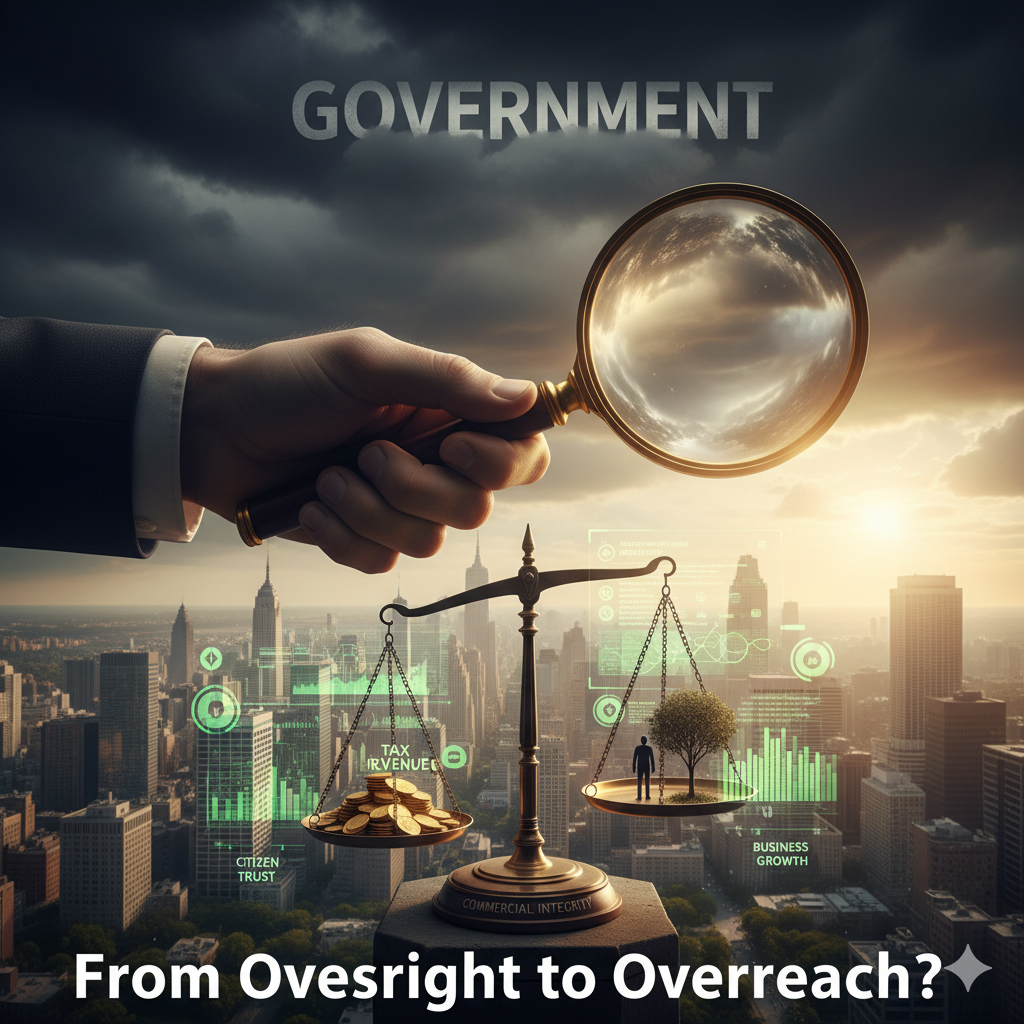The High Court’s Landmark Judgment on the Public Benefits Organizations Act in Kenya
The quieter the civic space, the louder the silence of democracy.
Introduction: A Reckoning Long Delayed
In May 2024, Kenya activated a legal time bomb long delayed. The Public Benefit Organizations Act, 2013 (the “PBO Act”) was finally brought into force through Legal Notice No. 60 of 2024. Enacted in the spirit of reform but stalled by politics, the Act promised clarity and transparency in the governance of civil society. Beneath its aspirational objectives, however, lay deep regulatory flaws.
Shortly after its operationalization, Petition No. E519 of 2024 challenged those flaws. In June 2025, the High Court delivered a landmark judgment that did not merely interpret the law—it redefined the balance between state power and civic freedom.
Background: A Sector Trapped Between Two Eras
The petition was brought by three long-standing civil society leaders, acting both personally and on behalf of umbrella organizations. Their claim: several provisions of the PBO Act, as operationalized, violated the Constitution.
Key areas of contestation included:
- Mandatory re-registration of all existing NGOs;
- The Authority’s unchecked enforcement powers;
- Executive overreach in the composition of the PBO Authority and Disputes Tribunal;
- Invasive data disclosure requirements under Section 32;
- Compulsory membership in a single national federation; and
- Restrictive forum recognition rules that elevated some voices while silencing others.
The respondents—the Attorney General and the PBO Authority—defended the Act as rational and necessary. The Court disagreed.
The Court’s Dissection of the PBO Act
1. Freedom of Association (Art. 36): Re-registration as Bureaucracy Masquerading as Legality
The Fifth Schedule required all NGOs registered under the repealed NGO Coordination Act to reapply under the PBO regime. The Court struck this down, finding that it:
- Placed an unreasonable burden on freedom of association;
- Breached fair administrative action (Art. 47) by extinguishing legal status without due process;
- Discriminated against one class of legal entities (Art. 27).
Takeaway: The right to legal continuity is constitutional—not procedural.
2. Fair Administrative Action (Art. 47) & Fair Hearing (Art. 50): Authority Without Accountability
Sections 18 and 19 empowered the PBO Authority to investigate, issue notices, and unilaterally suspend or cancel registration—without oral hearings or clear standards.
The Court held this violated:
- Art. 47 — absence of due process;
- Art. 50 — denial of a fair hearing;
- Art. 36 — arbitrary dissolution of associations.
Takeaway: Appeals cannot cure the absence of due process at first instance.
3. Structural Independence (Arts. 10 & 159): When Oversight Becomes Capture
The Court found both the Authority and the Disputes Tribunal structurally compromised:
- The Authority’s Board was executive-heavy and politically influenced;
- The Tribunal lacked independence from the very Authority it was reviewing;
- Financial and institutional dependence made impartiality legally impossible.
Takeaway: Independence cannot be cosmetic. Oversight bodies must be constitutionally insulated.
4. Privacy (Art. 31): Surveillance by Another Name
Section 32 required PBOs to disclose financials and personal data of members, donors, and beneficiaries. The Court ruled this unconstitutional because of:
- Vague scope of disclosure;
- Absence of safeguards;
- Conflict with the Data Protection Act, 2019;
- Failure to meet Art. 24’s standard for justifiable rights limitation.
Takeaway: Transparency cannot justify open-ended surveillance.
5. Freedom Not to Associate (Art. 36): Coercive Collectivism
Section 21 appeared to compel all PBOs into a single Federation, while Section 23 gave the Authority sole power to recognize sectoral forums.
The Court found this unconstitutional:
- It forced organizations into associations they had not freely chosen;
- It allowed the State to decide who speaks for civil society.
Takeaway: Pluralism, not gatekeeping, is the lifeblood of civic space.
Implications: A Regulatory Reset Anchored in the Constitution
For NGOs & Civil Society
- No mandatory re-registration under the PBO Act.
- Stronger grounds to challenge Authority actions.
- Freedom to form independent coalitions.
- Review and update data handling policies in line with this judgment.
For the State & Legislature
- Sections 18, 19, 21, 23, 32, 35, and 50 require urgent amendment.
- Any enforcement regime must include proportionality and fair hearings.
- Reconstitute the Authority and Tribunal to guarantee independence.
- Align future regulations with the Data Protection Act and Fair Administrative Action Act.
For Donors & Policy Partners
- Avoid conditionalities that replicate invalidated provisions.
- Monitor implementation of this ruling in programming and funding frameworks.
Conclusion: Reform Without Repression
The High Court’s judgment rescues the PBO Act from itself. By striking down overreach, the Court preserved legitimate regulation while reaffirming constitutional supremacy.
This was not simply a legal correction. It was a civic reset: a reminder that the State’s role is not to conscript civil society into obedience, but to enable its diversity and autonomy within a framework of principled accountability.
Author:
Mike Ogutu (Commercial Lawyer)
Contact: info@ithera.africa
Disclaimer: This article is provided for general guidance only and is not a substitute for professional legal advice. While due diligence has been applied in ensuring accuracy, Ithera Africa bears no responsibility for actions or omissions arising from reliance on its contents.
